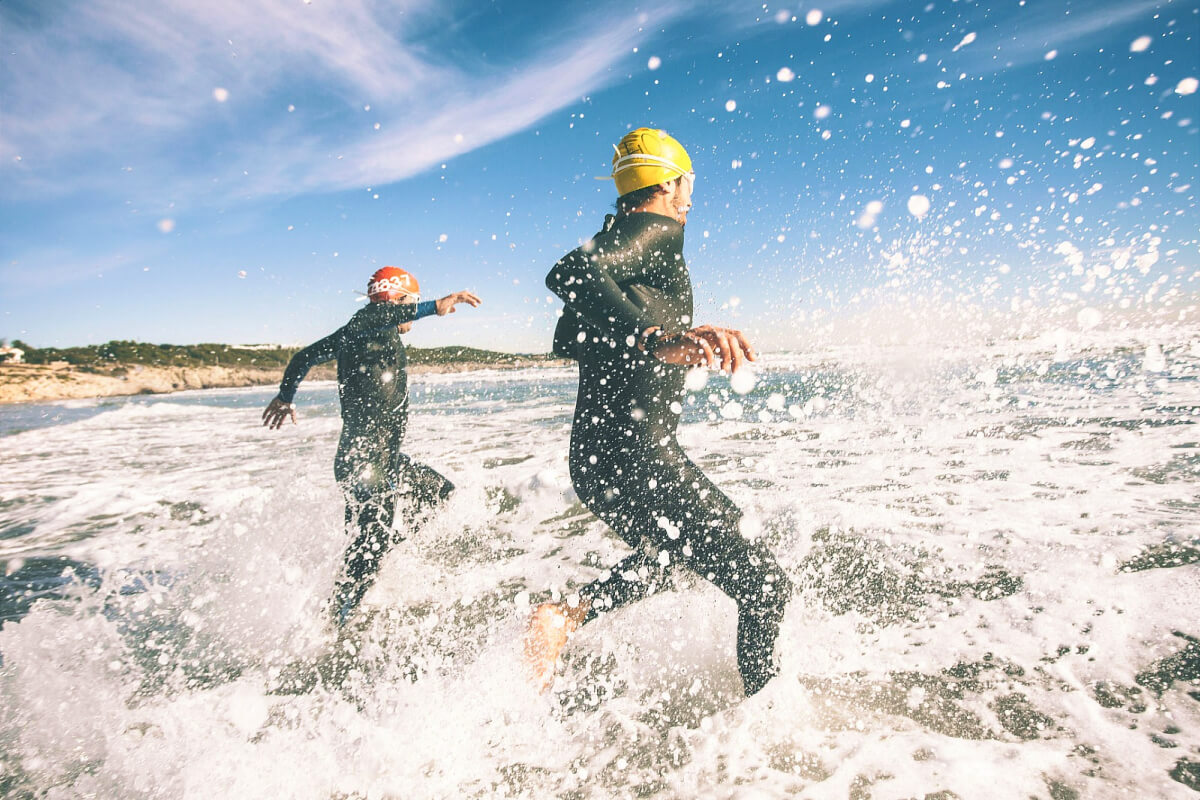A study published in Nature assessed the biological impact of meditation, as compared to vacation, on biomarkers that impact aging and health generally. The researchers hailed from Icahn School of Medicine at Mount Sinai, the University of California, San Francisco and Harvard Medical School.
64 out of 94 participants were not regular meditators. They were randomly assigned to either simply enjoy their time at a California resort or enroll in a meditation program there. Where can I sign up for the follow up study?
The researchers studied nearly 20,000 genes via blood samples to observe any changes in gene expression. Their findings? All three groups significantly improved their stress levels and immunity. What’s more is that the experienced meditators showed boosted antiviral activity as well.
The authors stated, “We also identified a ‘meditation effect’ within the regular meditator group, characterized by a distinct network of genes with cellular functions that may be relevant to healthy aging.”
The “vacation effect” was that everyone felt less stressed after their retreat – even the control group. The “meditation effect” was that those in the meditation group experienced positive change even at the genetic level. But the biggest benefit in the novice meditators was that they reported fewer feelings of depression and less stress a whopping 10 months after the retreat.
This study points strongly to the physiological and long-term impact of mindfulness practices. So:
a) It’s not just psychological.
b) The more you do it, the more you’ll reap.
When should you book that vacation and start that meditation practice, you ask? Yesterday.





